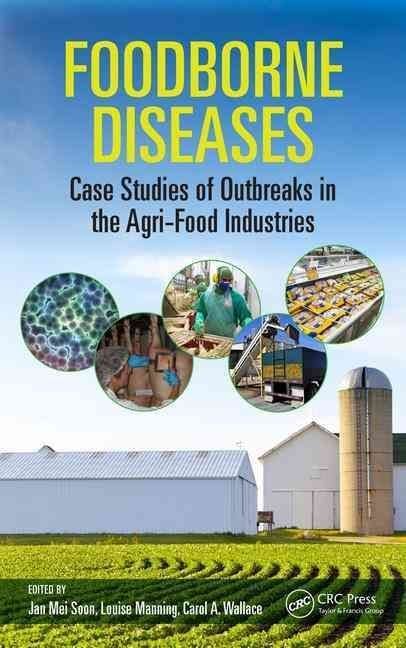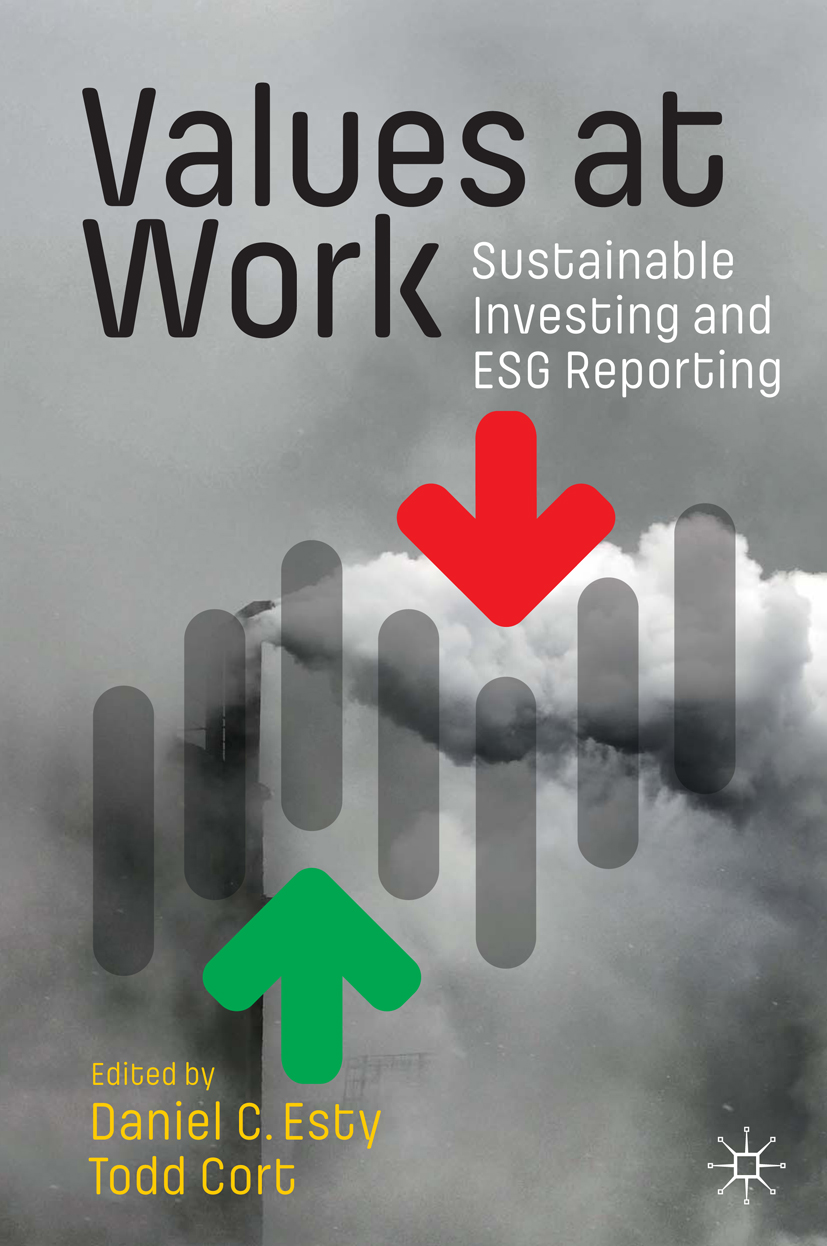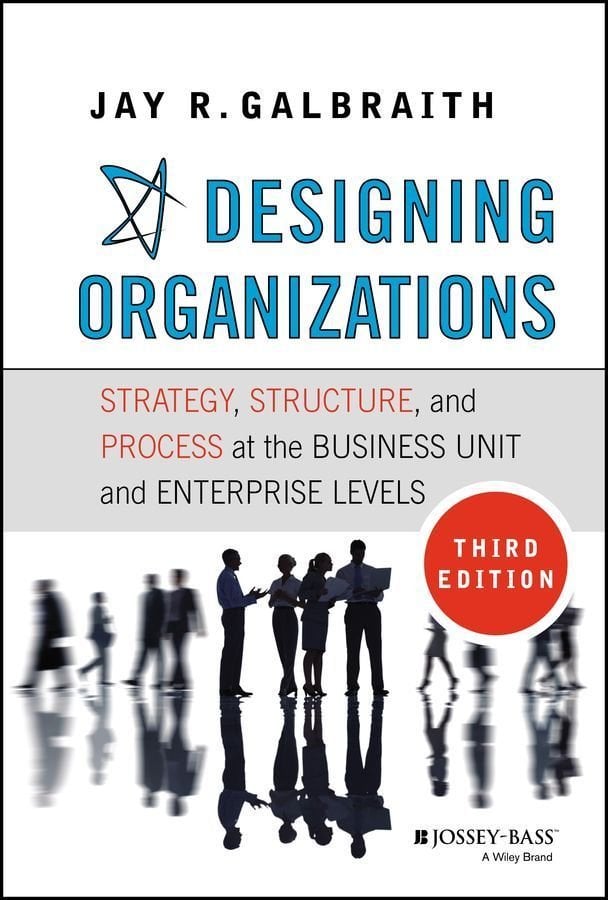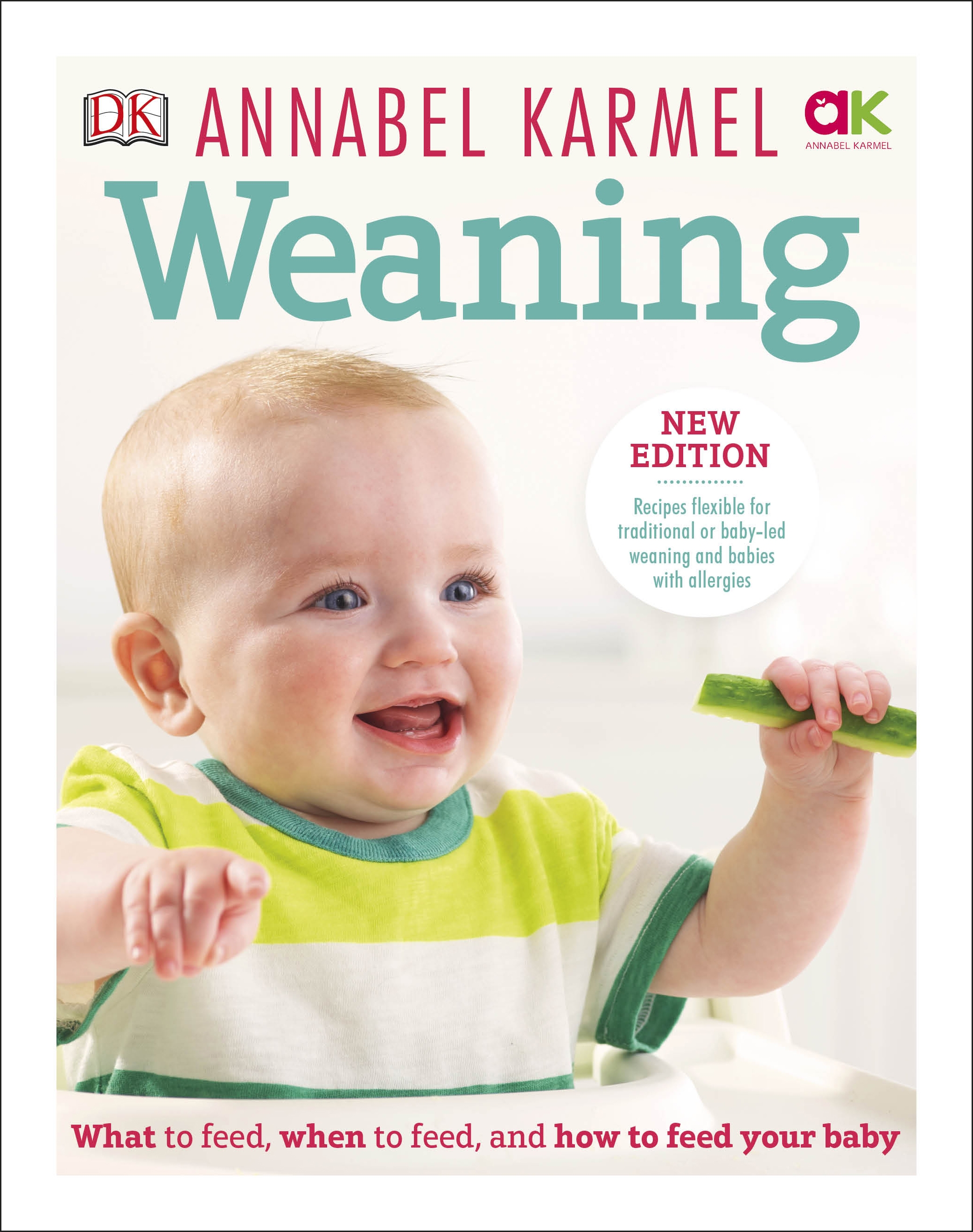Foodborne Diseases: Case Studies of Outbreaks in the Agri-Food Industries defines the context of foodborne disease across a range of food sectors. It provides insight into the causes and management of outbreaks along with practical lessons about foodborne disease prevention strategies relevant to stakeholders throughout the food supply chain. Individual chapters capture the epidemiological and traceback investigations of foodborne disease outbreaks in a wide range of food sectors that include fresh produce, dairy and eggs, and meat products, to complex food ingredients and products within the food manufacturing and food service sectors. Under each food category, case studies of real outbreaks are presented, along with lessons learned in the way they were managed for future control of foodborne disease outbreaks. The authors look at management of outbreaks across borders and consider how both local and international authorities dealt with the issues in each case. They focus on real-life microbiological/chemical-associated outbreaks and provide insights on how the outbreaks occurred and, if possible, how they were traced to the source of contamination. Each outbreak is unique, and readers are given the distinctive circumstances associated with different hazards, challenges faced during epidemiological and environmental investigations, risk communication to the general public, and insights into outbreak management. The authors cover the entire food supply chain, including a chapter on animal feed safety. A chapter on fraud and foodborne outbreaks considers scenarios where food industries, food services, and other stakeholders commit food adulteration, which ultimately leads to foodborne illnesses. Outbreak management and prevention strategies are key parts of each case study.












